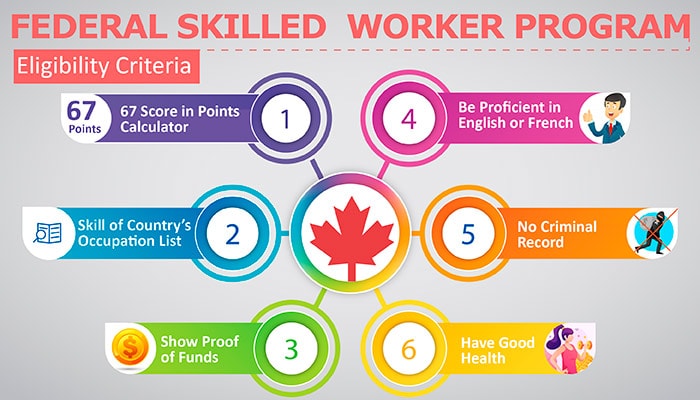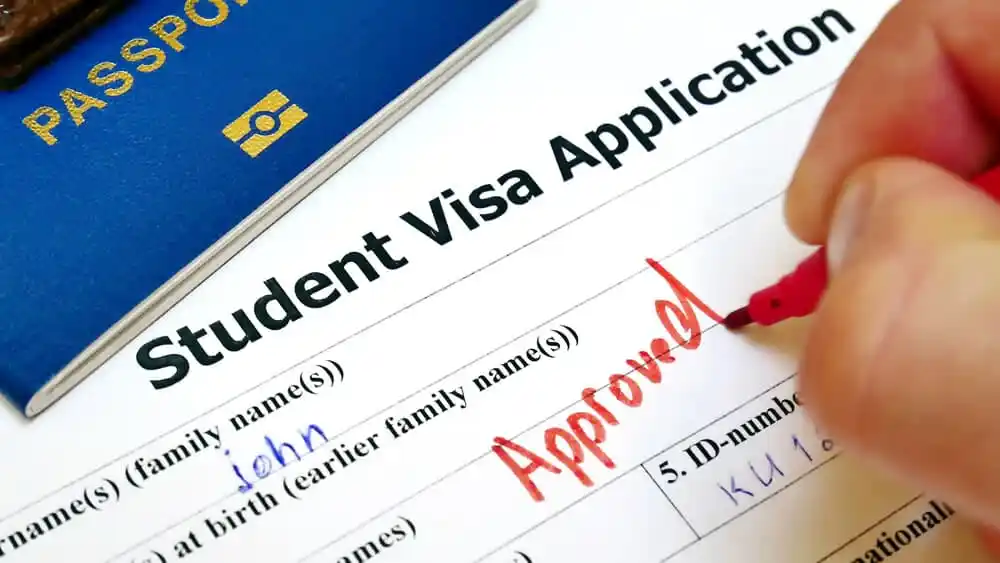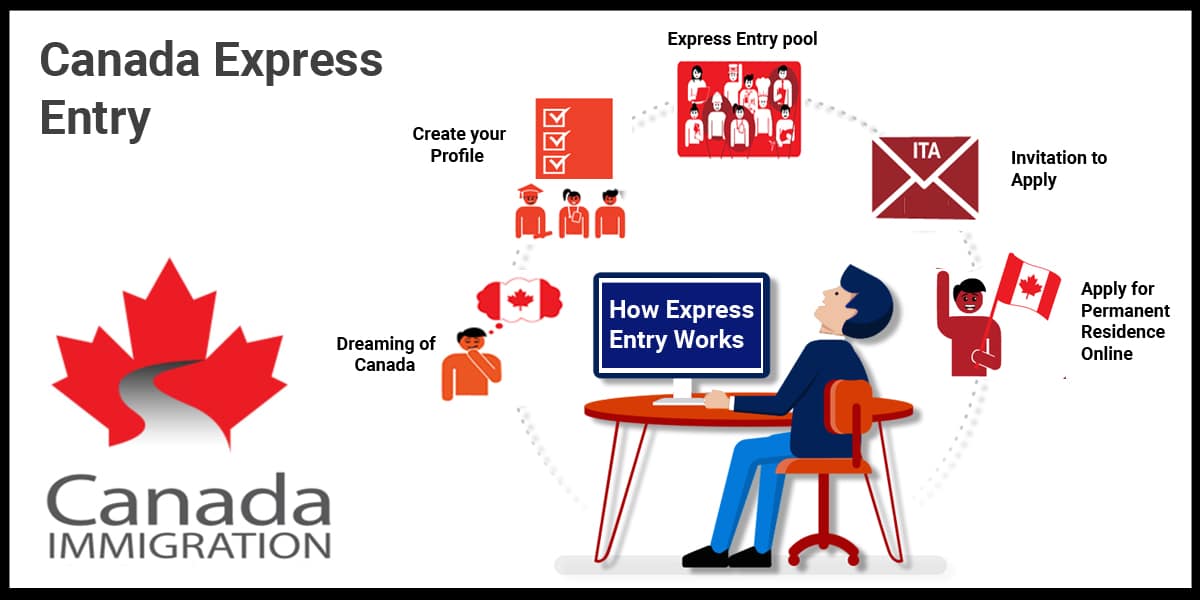As a highly experienced Canadian immigration consultant with Empire Fly, I understand that the process of becoming a Canadian citizen again, also known as “citizen resumption,” can be confusing and overwhelming. However, it’s important to know that it is possible for Nigerian citizens who have previously lost their Canadian citizenship to regain it. In this article, I will provide a step-by-step guide on how Nigerian citizens can become Canadian citizens again through the citizen resumption process.
Step 1: Determine eligibility: In order to be eligible for citizen resumption, you must have been a Canadian citizen at some point in the past and have lost your citizenship due to one of the following reasons:
- Renouncing your Canadian citizenship
- Ceasing to be a citizen due to a failure to meet the retention requirements
- Having your citizenship revoked due to fraud
Step 2: Gather required documents: To apply for citizen resumption, you will need to provide a variety of documents as evidence of your previous Canadian citizenship and any other relevant information. These may include:
- Your birth certificate or adoption papers
- Your previous Canadian passport or citizenship certificate
- Any documents related to the loss of your citizenship (e.g. renunciation papers)
- Any court or police records related to fraud or misrepresentation
Step 3: Fill out the application: You will need to fill out the application for resumption of Canadian citizenship. This application can be found on the government of Canada website. It’s important to provide accurate and complete information in the application.
Step 4: Pay the fee: There is a fee for applying for citizen resumption, which must be paid at the time of application. The fee can vary depending on the applicant’s circumstances.
Step 5: Submit the application and wait for a decision: After submitting the application, it will be reviewed by Citizenship and Immigration Canada (CIC) and a decision will be made on your application. The processing time can vary, but it’s important to note that it can take several months to receive a decision.
Step 6: Attend an interview or take a test: If your application is approved, you may be required to attend an interview or take a test to demonstrate your knowledge of Canada and your commitment to the country.
Step 7: Take the Oath of Citizenship: Once all requirements have been met, you will be invited to take the Oath of Citizenship. This ceremony signifies your official return as a Canadian citizen.
It’s important to note that the citizen resumption process can be complex and time-consuming, and it’s highly recommended that you seek the help of an experienced immigration lawyer. A lawyer can guide you through the process and help ensure that your application is complete and accurate.
It’s also important to note that being approved for citizen resumption does not guarantee that you will be able to enter Canada. You will also need a valid travel document, such as a Canadian passport, and you may be subject to admissibility requirements such as a background check or medical examination.
In conclusion, the process of becoming a Canadian citizen again, also known as “citizen resumption,” is possible for Nigerian citizens who have previously lost their Canadian citizenship. By following the steps outlined in this article, providing accurate and complete information, and seeking the help of an experienced immigration lawyer, Nigerian citizens can successfully regain their Canadian citizenship.












